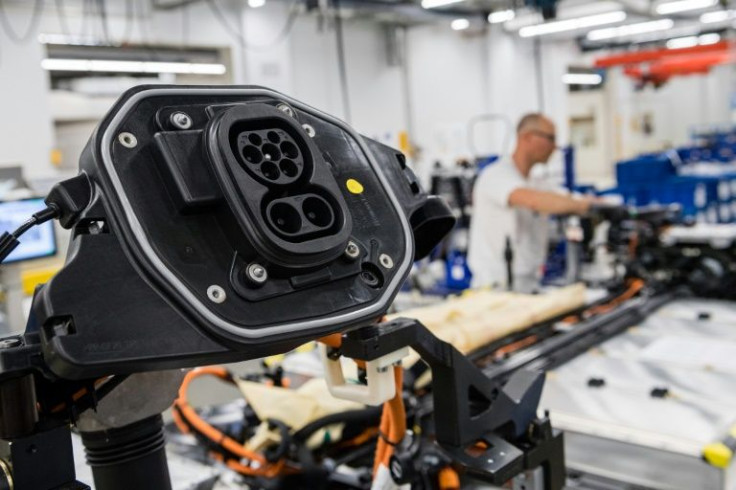Biden Administration Makes 'Giant Step Forward' With New Emissions Standard For Auto Industry

The Biden administration announced a new emissions standard for U.S. automakers as it looks to take action on climate change while efforts in Congress falter.
The Environmental Protection Agency (EPA) announced on Monday a new rule that will require limitations on greenhouse gas emissions for passenger cars and light trucks. The EPA is also raising its standard from the 32 miles per gallon by 2026 that was set by the Trump administration to 38 miles per gallon.
EPA administrator Michael Regan described the rule as a "giant step forward" in achieving the Biden administration's aggressive climate goals. He added that it will also be "paving the way toward an all-electric, zero-emissions transportation future" through other provisions that include a $7,500 tax credit for buyers of electric vehicles.
“We are setting robust and rigorous standards that will aggressively reduce the pollution that is harming people and our planet – and save families money at the same time,” Regan said in a statement to The Associated Press.
According to an EPA fact sheet, the agency set a goal of seeing up to 17% of the auto market consist of electric vehicles or hybrids. It is also estimated that once completed, the rule will produce $190 billion in net benefits through reduced impacts of climate change, improved public health from lower pollution, and cost savings for vehicle owners.
This action comes one day after President Joe Biden’s Build Back Better agenda was dealt a serious setback after Sen. Joe Manchin, D-W.Va., announced that he would not support a $1.75 trillion spending bill pushed by the White House. This bill contained new investments that would go toward combating climate change that were opposed by Manchin, who is from a state where coal is a dominant industry.
The Biden administration fumed over Manchin’s rejection of its agenda in a statement. It attacked his concerns on the climate provisions of the bill as “wrong” and insisted that it would have created clean energy jobs in West Virginia.
© Copyright IBTimes 2024. All rights reserved.





















